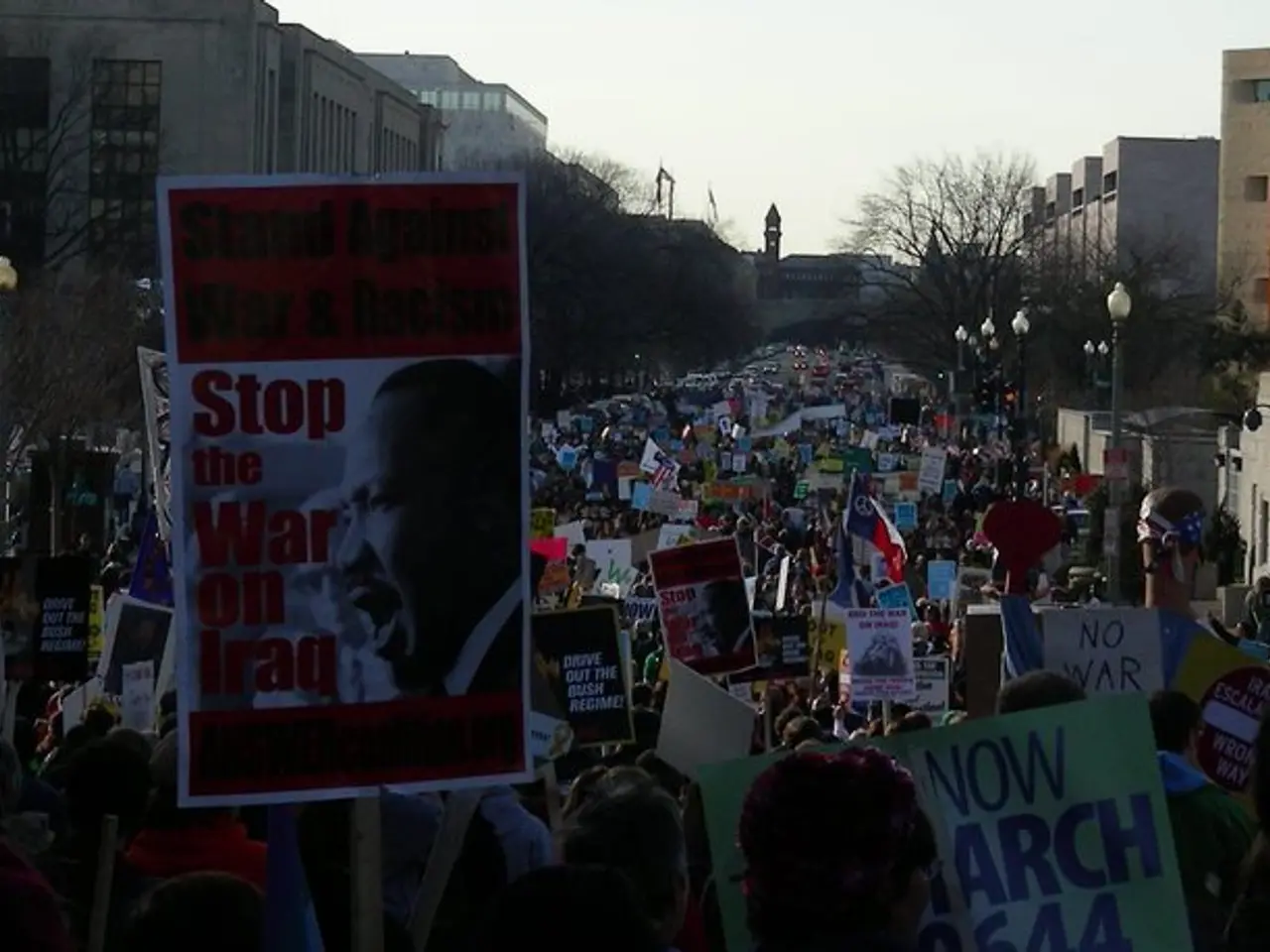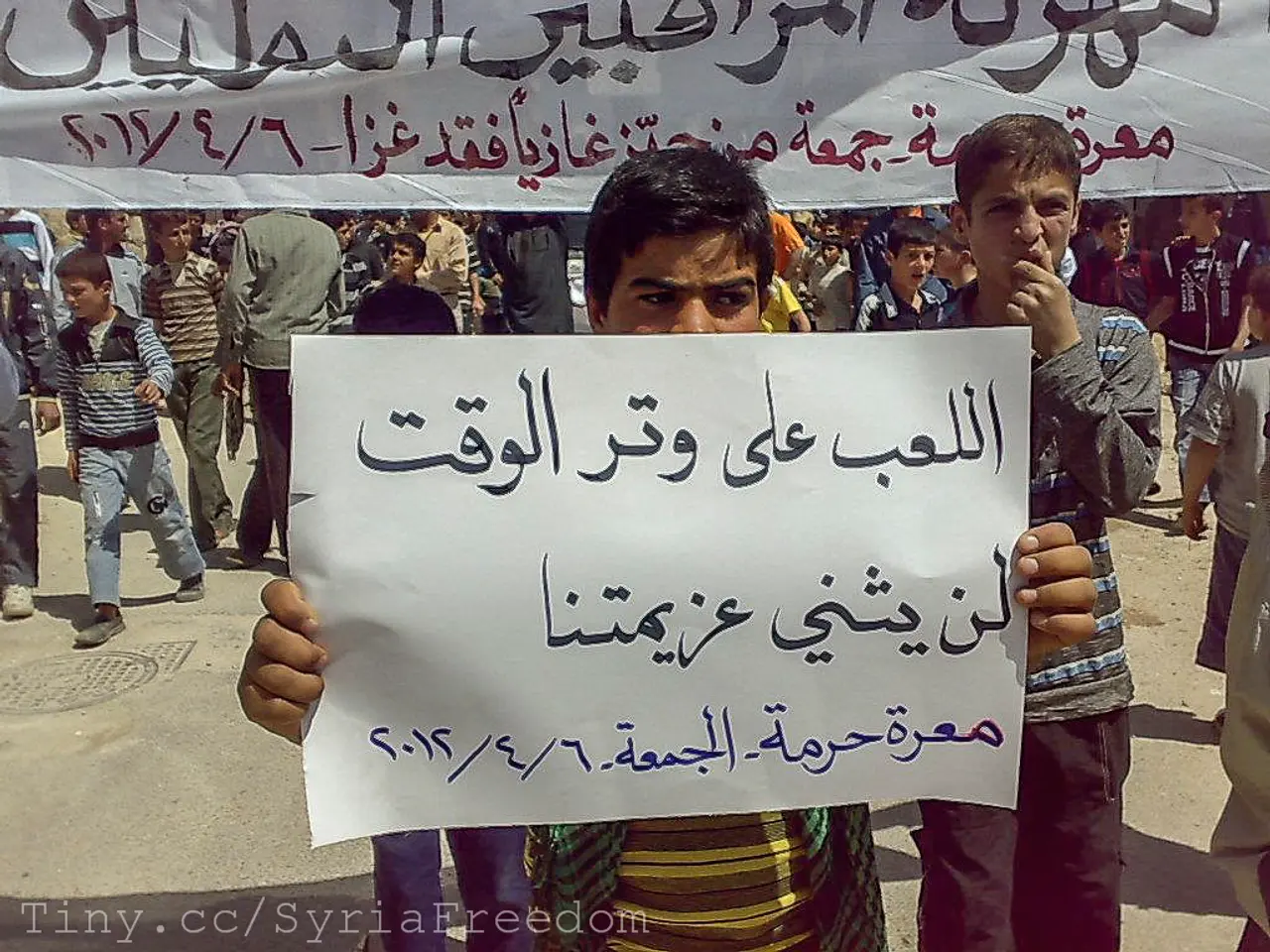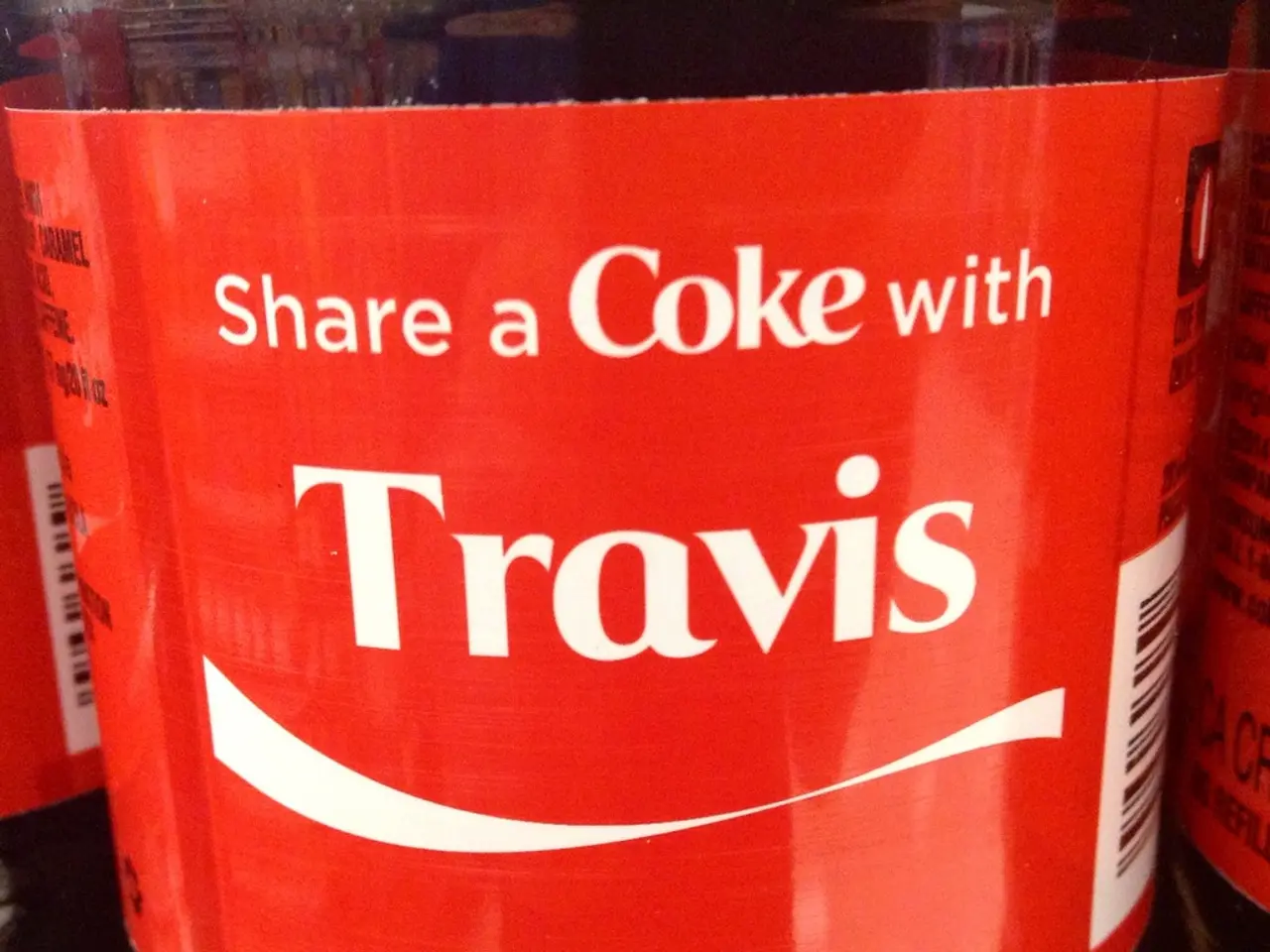Trump's representative conferences with families of Israeli hostages, asserting he holds a promising strategic plan to terminate the Gaza conflict
In the ongoing conflict in the Gaza enclave, the United Nations has partly blamed the US-backed aid operation for the deadly conditions that persist. The UN agencies have called for Israel to let in far more aid by land and quickly ease access to it.
The crisis in Gaza has prompted a string of Western powers to announce they may recognize a Palestinian state. Amidst mounting pressure, Steve Witkoff, US President Donald Trump's Middle East envoy, is working with the Israeli government on a plan to effectively end the war in Gaza. Witkoff met with Israeli Prime Minister Netanyahu on Thursday.
The plan, as described by Witkoff, includes the reconstruction of Gaza with the involvement of Netanyahu. However, the ceasefire proposal faces significant challenges and has not advanced recently. Israel has lodged objections to Hamas’s amendments regarding military withdrawal and prisoner exchange conditions, and the U.S. has not presented a new version of the ceasefire plan since.
Hamas has conditioned its willingness to return to talks on the cessation of starvation and humanitarian pressure on Gaza. The group has also said it would cooperate with the International Committee of the Red Cross to allow food entry for Israeli captives only if a permanent humanitarian corridor is established and Israeli military flights over Gaza cease during aid delivery.
Netanyahu and the Israeli government remain resistant to Hamas’s conditions, exemplified by Netanyahu's public condemnation of Hamas’s release of a video showing an Israeli captive in poor condition. The Israeli cabinet has demanded Red Cross guarantees on food deliveries to captives without agreeing to Hamas’s broader humanitarian or military conditions.
As a result, the plan faces a deadlock: the U.S. envoy advocates peace, but Israel exercises caution and rejects Hamas’s terms, while Hamas demands an end to starvation and humanitarian access as prerequisite to negotiations. No updated ceasefire proposal from the U.S. has emerged since these objections.
The situation in Gaza continues to deteriorate, with dozens having died of malnutrition in recent weeks. The Gaza health ministry reported seven more fatalities, including a child, since Friday. Airdrops of food are insufficient, according to UN agencies.
In the midst of this, Hamas has dominated Gaza since 2007 but has been militarily battered by Israel in the war. Hamas has said it will not relinquish "armed resistance" unless an "independent, fully sovereign Palestinian state with Jerusalem as its capital" is established.
The current status of the plan to end the war in Gaza is unclear, with no breakthrough in ceasefire talks as yet. The U.S. remains committed to seeking an end to the conflict and a permanent peace in Gaza, but the challenges are significant.
- The crisis in Gaza has not only led to political discussions, with Western powers considering recognizing a Palestinian state, but also sparked debates in other sectors, such as business news, where the potential reconstruction of Gaza is a topic of interest.
- Amidst the ongoing conflict, sports news might cover the impact of the situation on the lives of athletes and various sports events in the region, including potential cancellations or postponements due to the violent circumstances.
- The health department is closely monitoring the deteriorating condition in Gaza, given the increasing fatalities due to malnutrition reported by the Gaza health ministry, making it a crucial piece of general news and health updates.
- Food suppliers and companies may find themselves discussing the challenges of delivering aid to Gaza, making it a significant story in the food and agriculture sector, as well as a part of general news reports on the humanitarian crisis. War-and-conflicts and politics sections would also keep a close eye on these developments.






